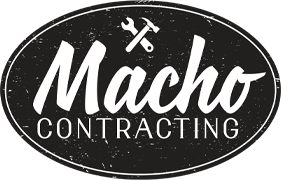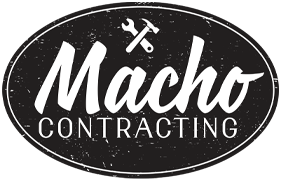Grease Traps in Scottsdale
What Are Grease Traps?
Grease traps, also called interceptors or separators, are plumbing devices in commercial settings designed to stop fats, oils, and grease (FOG) from entering sewer systems. They act as filters, trapping solid and liquid grease before it can cause blockages and backups. Installed mainly in kitchens and restaurants, grease traps slow down and cool wastewater, allowing grease to separate and float to the top. Regular maintenance is crucial for efficient operation and compliance with regulations.

How are Grease Traps Installed & Repaired?
Grease trap installation involves several steps to ensure effective functionality. First, the appropriate size of the grease trap is determined based on factors such as the facility's water usage and the type of establishment. The trap is typically installed beneath the sink or in an easily accessible area within the plumbing system. A professional plumber connects the trap to the wastewater flow, allowing the water to pass through while capturing grease and solids.
To repair a grease trap, the first step is identifying the issue, which could range from clogs and blockages to leaks or worn-out components. Once the problem is diagnosed, the trap might need to be pumped to remove accumulated grease and debris. Depending on the extent of the damage, components such as gaskets, baffles, and covers may need to be replaced.
Do you need to install a Grease Trap or replace a Grease Trap? Contact Us Online!


Residential & Commercial Septic Services in Prescott, Arizona
best Septic Professionals
What does maintenance look like?
Proper maintenance of grease traps is essential to ensure their efficient performance and compliance with regulations. Regular maintenance involves scheduling routine inspections by qualified professionals to monitor grease levels and assess any potential issues. Depending on usage, grease traps should be pumped out every few months and cleaned regularly to prevent excessive accumulation of fats, oils, and grease (FOG) that can lead to blockages and backups. Establishments should also adopt best practices to minimize the introduction of FOG into the drainage system, such as using strainers to capture food particles and avoiding the disposal of oil and grease down sinks. Educating staff about these practices is crucial. Documentation of maintenance activities, including pumping schedules and inspection reports, is often required to demonstrate compliance with local ordinances. Adhering to these maintenance recommendations not only prevents plumbing problems but also contributes to environmental protection and the smooth operation of wastewater systems.
Macho Contracting does not do maintenance on grease traps, but can help point you in the right direction when it is time for maintenance.

Contact us today at 602-975-5507 or complete our online form.



